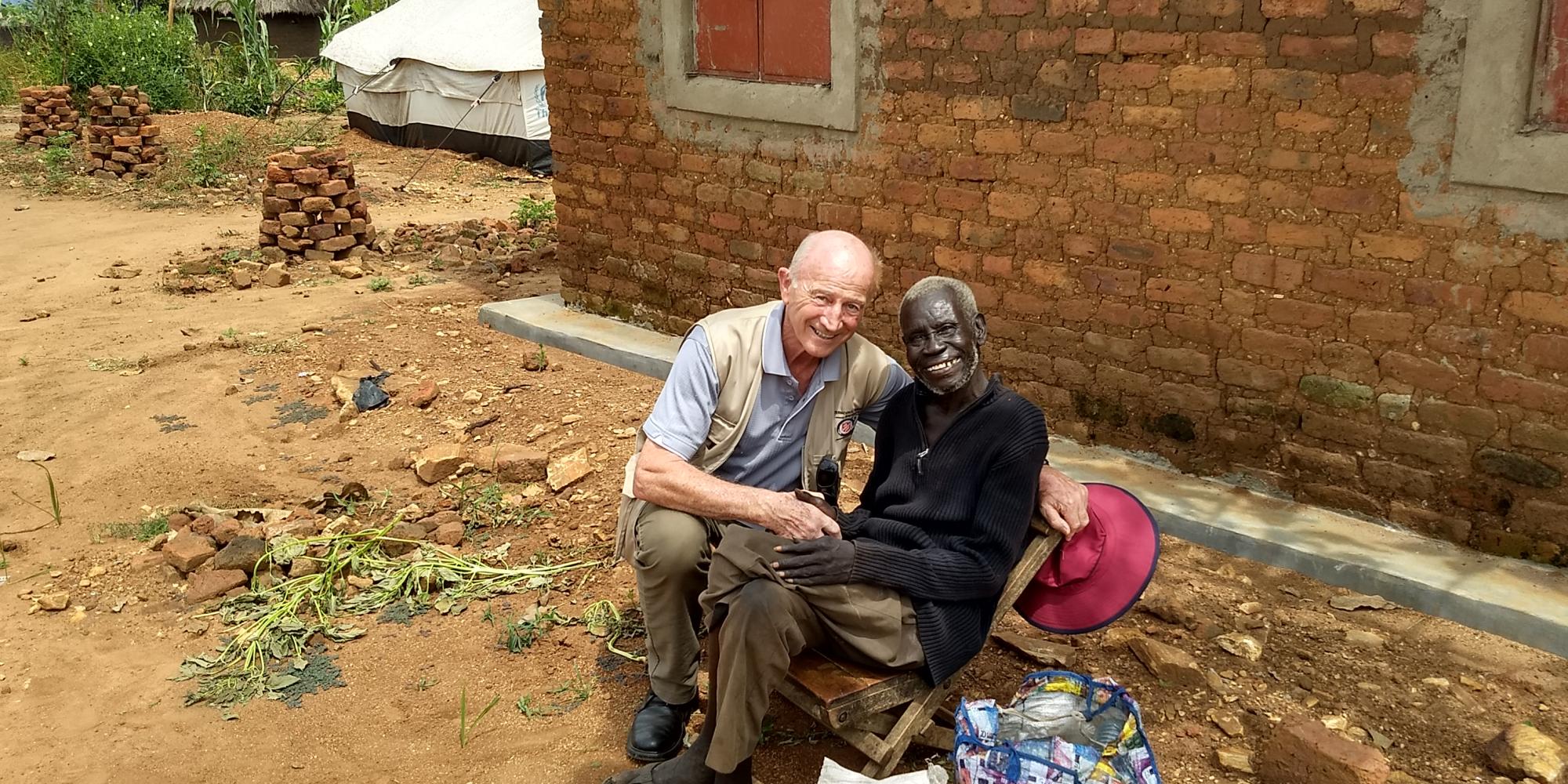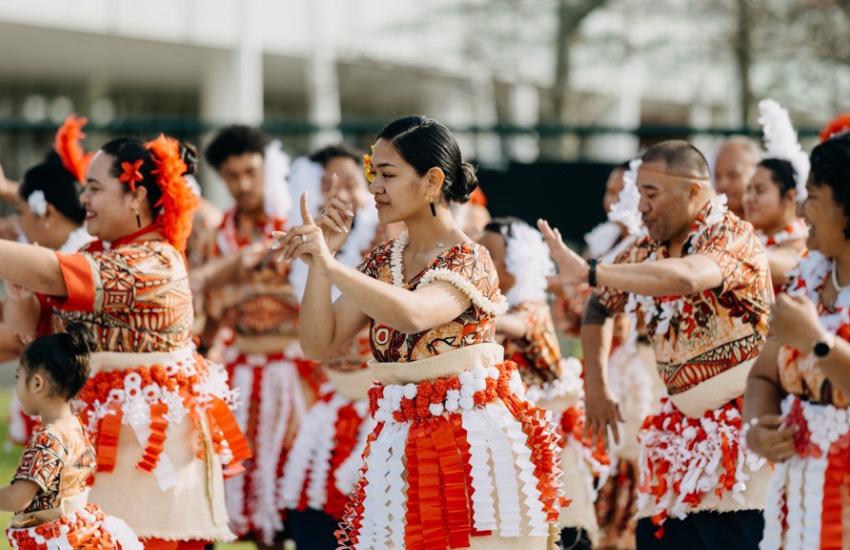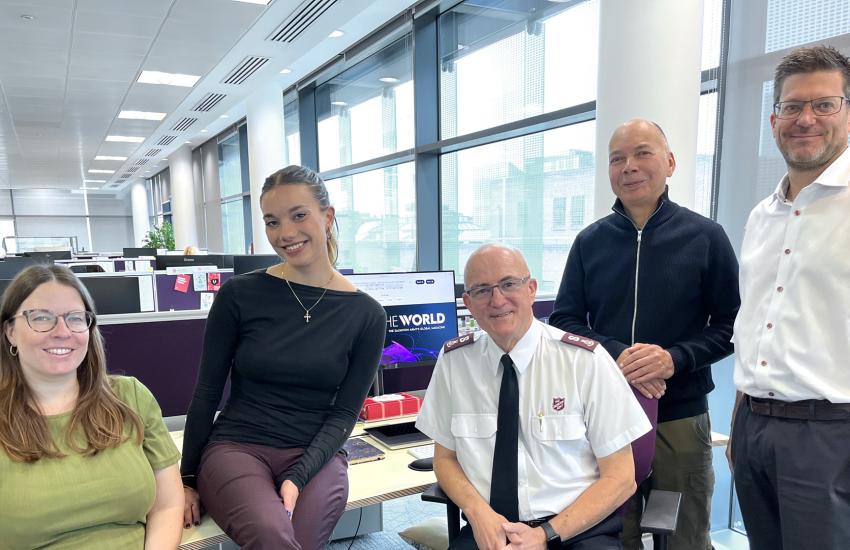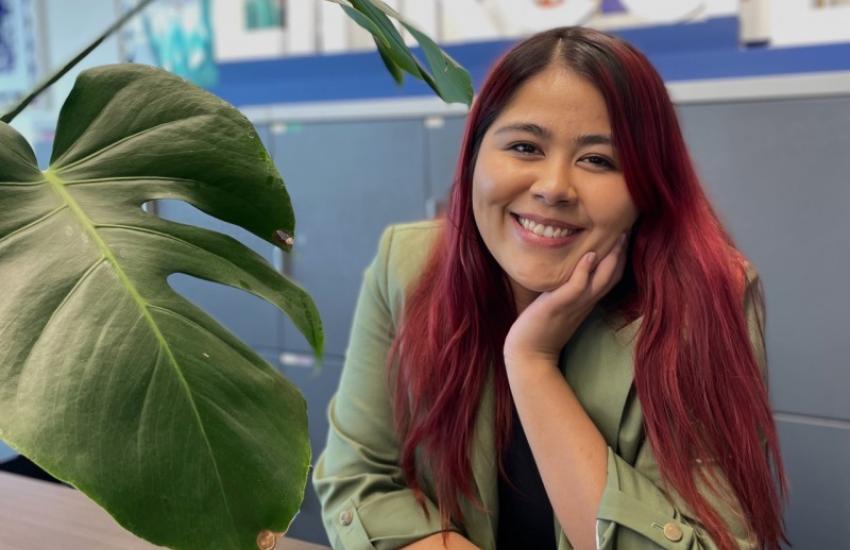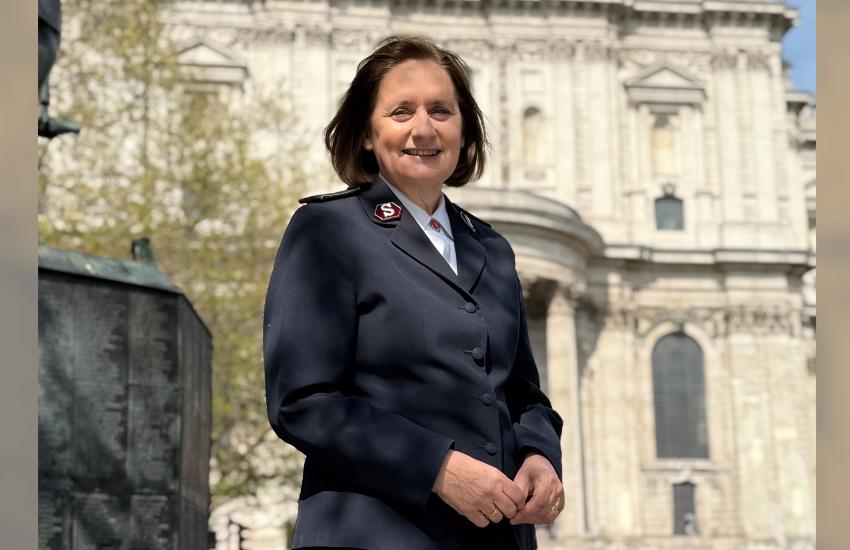The Salvation Army International Emergency Services (IES), a department based at International Headquarters, in partnership with The Salvation Army in Uganda and other agencies in the region, have been working to provide relief to thousands of refugees and people seeking asylum in northern Uganda.
Recent figures suggest that thousands are arriving on a monthly basis into northern Uganda - mostly from South Sudan - with more than 1.3 million refugees and asylum seekers in the country, and this number shows no signs of abating in the near future. The government response to the refugee crisis is coordinated by the Office of the Prime Minister (OPM) and there are upwards of 16 refugee settlements already established. Ugandan communities are encouraged to share their land and access to other services, and in return facilities provided to support the refugees are shared with local communities.
The Salvation Army and partner organisations have provided toilets and clean water, as well as non-food items (NFIs) including cups, plates, bowls, jerry cans for water and cooking pots. The response is being coordinated by temporarily deployed officers Major Peter White (Australia Eastern Territory) and Major David Bennett (New Zealand, Fiji and Tonga Territory).
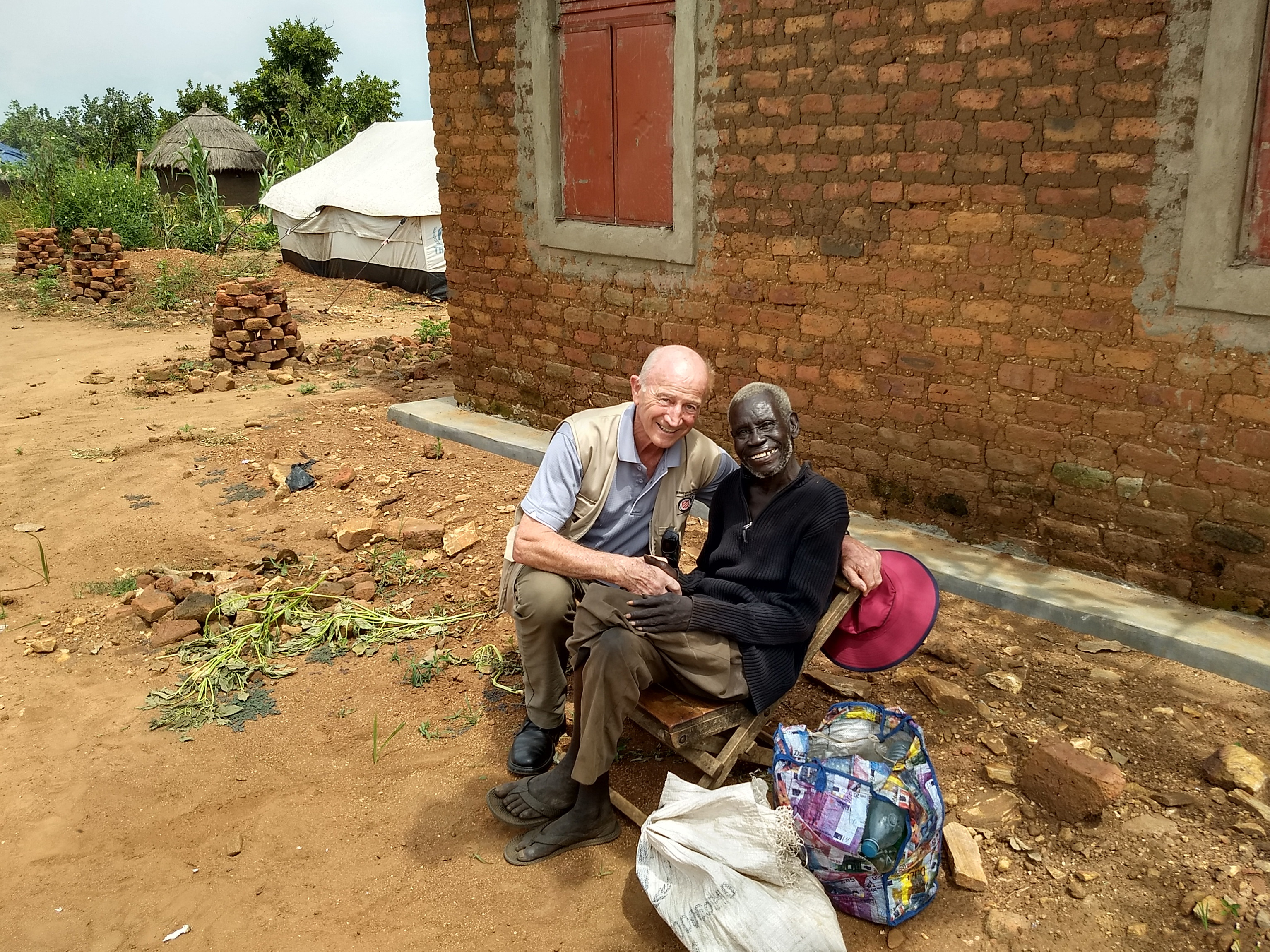
The team arrived in the capital, Kampala, at the beginning of September, having been delayed for nearly a month while the necessary paperwork was completed, eventually arriving in Adjumani, northern Uganda on 26 September.
They are working in three settlements. Two are in Adjumani District: Pagirinya, 30 kilometres east, and Maaji III, approximately 25 kilometres west of Adjumani, where road conditions mean more than an hour’s drive to reach these settlements. The third, Lamwo, in Gulu District, is the newest settlement and is the camp that all new arrivals are directed to. A road washout on the direct route means that it is a five-hour drive each way.
The three camps are of differing sizes and needs, but The Salvation Army has been specific in its response. In Pagirinya settlement, where there are approximately 34,000 people, the team will provide 76 latrines. In the reasonably well-established Maaji III settlement of approximately 17,000 people, NFIs will be provided to 300 vulnerable families. The growing Lamwo settlement of approximately 35,000 will receive NFIs for 1,200 newly-arrived families, in addition to 74 latrines and eight boreholes.
Adjumani Local Government District has a policy of 50/50 division for boreholes between the settlements and the host communities, and having been provided with a list for host communities The Salvation Army expects to commence drilling imminently. The team will also provide a further 10 boreholes divided between existing refugee settlements and host communities. Contracts for work and supplies have been submitted, NFIs have been packed for transport to the settlements, and all 18 boreholes agreed, although access to some of these is dependent on weather conditions.
At a recent meeting, the government refugee desk officer expressed his gratitude for the current work of IES, as well as acknowledging its services and projects from previous years and the value of the partnership between the OPM and The Salvation Army.
Report written by Major David Bennett and Major Peter White
- Photos are available to download from the IHQ Flickr stream: sar.my/ugaphotos
